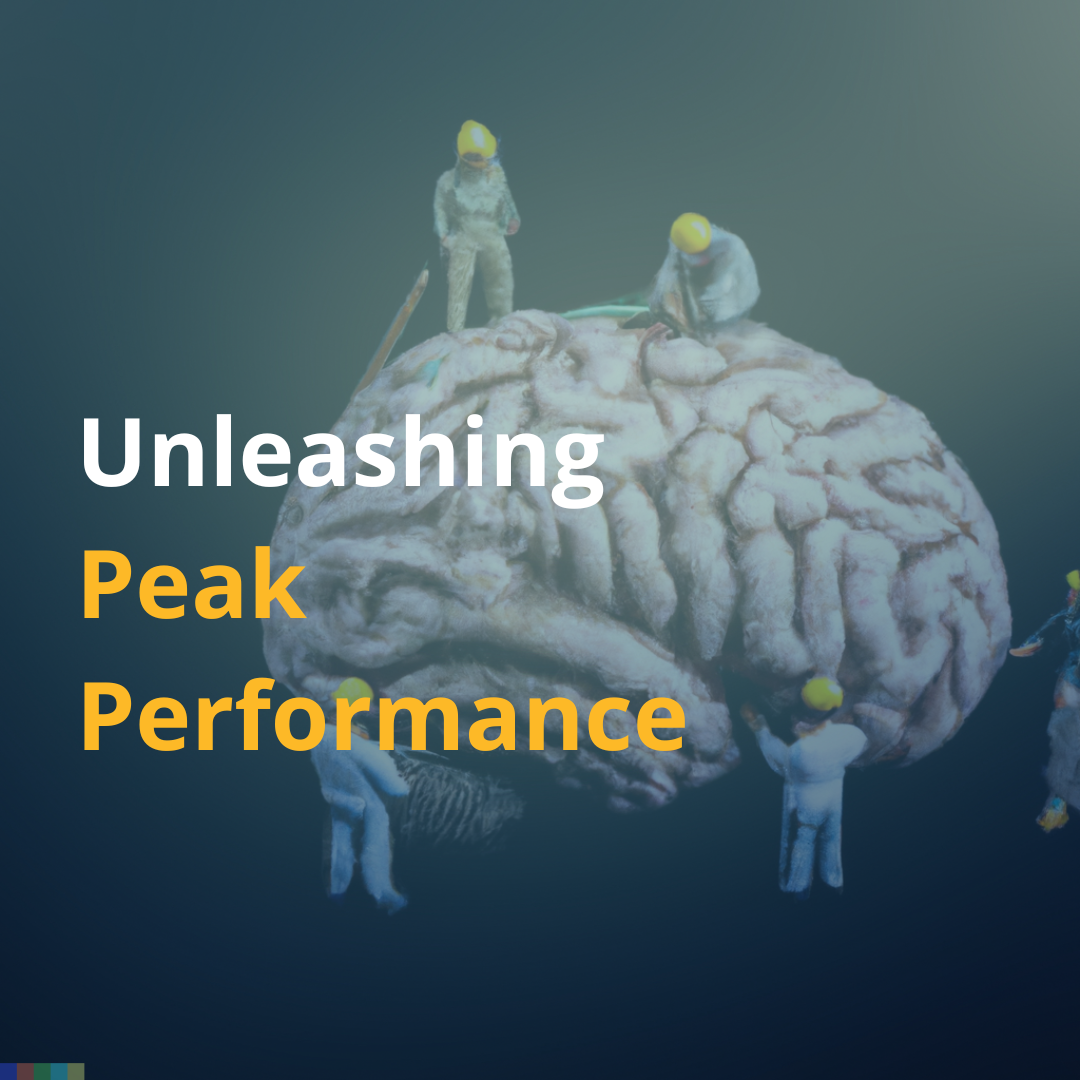What are Brainwaves?
Understand the Key to Unlocking Your Mind's Potential
Have you ever wondered what makes your brain tick? Brainwaves are the key to understanding the complex workings of your mind. They are the electrical impulses that the brain generates as it processes information, and they play a crucial role in your cognitive and emotional functioning. In this blog, we'll take a closer look at what brainwaves are, how they work, and how you can use this knowledge to start unlocking your mind's full potential.
A Scientific Look at the Electrical Impulses That Control Your Brain
The brain generates electrical impulses as a way to communicate within its own network of cells and across different regions of the brain. The electrical impulses are generated by neurons, which are specialized cells that transmit information through different electrical signals. Because the neurons are able to communicate with each other and coordinate their activities, the brain is able to process complex information and carry out complex functions.
Brainwaves are patterns of electrical pulses that occur across large groups of neurons. They represent synchronized activity between different regions of the brain, which enables the brain to process information and carry out specific tasks. Different types of brainwaves are associated with different types of cognitive and emotional states, and they can be measured using electroencephalography (EEG).
Overall, the generation of brainwaves and electrical impulses is essential for the proper functioning of the brain. Without these electrical signals, the brain would not be able to process information, make decisions, or carry out complex tasks. If there are no electrical signals, you are likely dead and not reading this blog.
Different Types of Brainwaves
Brainwaves are measured in Hertz (Hz), which refers to the number of cycles per second that the waves produce. There are five main types of brainwaves: delta, theta, alpha, beta, and gamma.
Delta waves (0.5-4 Hz) are associated with deep sleep and relaxation. When our brainwaves are in this state, we are typically in a dreamless sleep and our body is in a state of rest and repair.
Theta waves (4-8 Hz) are associated with the dream state, hypnosis, and deep meditation. When our brainwaves are in this state, we experience a deep sense of relaxation, and our subconscious mind becomes more accessible.
Alpha waves (8-12 Hz) are associated with a state of relaxed wakefulness. When our brainwaves are in this state, we are in a relaxed but alert state, which is ideal for creativity and learning.
Beta waves (12-38 Hz) are associated with active thinking and concentration. When our brainwaves are in this state, we are alert and focused, making it easier to complete tasks that require cognitive effort.
Gamma waves (38-42 Hz) are associated with high-level information processing, such as perception, consciousness, and problem-solving. When our brainwaves are in this state, we are in a heightened state of awareness, which can lead to moments of insight and inspiration.
Regulation and Dysregulation
Brainwaves play a crucial role in our mental and emotional state. When our brainwaves are at the right frequency for the task at hand, we tend to feel more focused, alert, and productive. However, if our brainwaves are too high or too low, we may experience negative effects on our mental and emotional states.
For example, if our beta waves are too high, we may experience anxiety, stress, and difficulty concentrating. On the other hand, if our alpha waves are too low, we may experience fatigue, lack of focus, and mood swings.
To learn more about brainwave dysregulation, read our blog on the subject here.
Moreover, there are several tools and techniques that you can use to manipulate your brainwaves, such as meditation, neurofeedback, and binaural beats. By incorporating these techniques into your daily routine, you can enhance your mental and emotional functioning, leading to greater levels of productivity and well-being.
An internal state that doesn't match the needs of our external environment or task can lead to various challenges and difficulties in our daily lives. When our brainwaves are not appropriately aligned with the demands of the tasks or situations we face, we may struggle to perform optimally and experience negative consequences on our mental and emotional well-being.
For instance, if we are in a high-stress environment, but our brainwaves are stuck in a state of relaxation (low beta or high alpha), we might find it challenging to stay alert, focused, and responsive to the situation at hand. This mismatch between our internal state and external demands can lead to reduced productivity, impaired decision-making, and heightened feelings of frustration or overwhelm.
Conversely, if our brainwaves are excessively active (high beta) in a calm or non-stressful environment, we may feel restless, and anxious, and have difficulty calming down or concentrating. This incongruence between internal and external states can also lead to feelings of agitation, anxiety, and an inability to fully relax and enjoy moments of tranquility.
How Can You Use Brainwaves to Unlock Your Mind's Potential?
After learning about brainwaves and their role in our day-to-day lives, raising your awareness around your state of being and recognizing that it is appropriate for your current environment and goals is a good way to elevate your mental game. If you are interested in improving your brain’s abiliity to properly regulate itself, use brainwave manipulation techniques such as meditation, neurofeedback, and binaural beats to achieve the desired mental and emotional state. Experiment with different techniques to find what works best for you.
By learning to recognize and manipulate our brainwaves, we can unlock our mind's full potential and achieve greater levels of productivity and well-being. Understanding the role of each type of brainwave and how it affects our mental and emotional state is crucial to achieving optimal cognitive and emotional functioning. By incorporating brainwave regulating techniques into our daily routine, we can enhance our mental and emotional abilities and lead a more fulfilling life.
OTHER BLOGS YOU MIGHT LIKE
Citations









